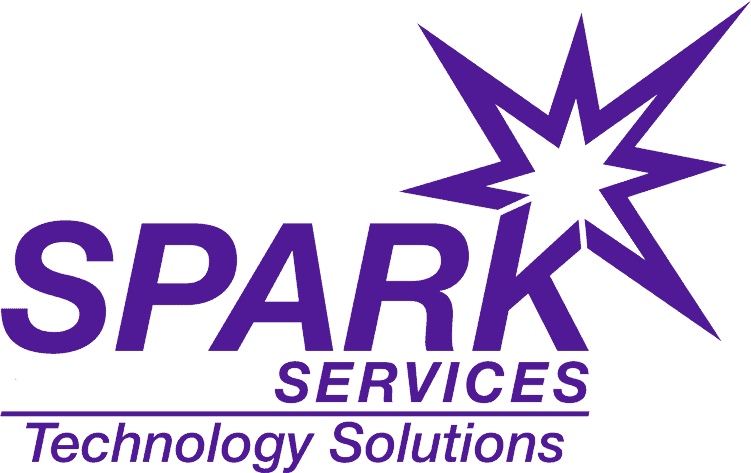
In today’s fast-paced business environment, efficient communication is key to the success of any project. As companies strive to enhance productivity and streamline operations, the integration of Voice over Internet Protocol (VoIP) into project management has emerged as a game-changer.
By leveraging VoIP technology, businesses can significantly improve communication, coordination, and overall project efficiency. In this blog, we will explore the benefits of VoIP integration in project management and how it can help streamline communication for maximum efficiency.
What is VoIP?
Voice over Internet Protocol (VoIP) is a technology that allows voice communication and multimedia sessions over the internet. Unlike traditional phone systems that use circuit-switched networks, VoIP uses packet-switched networks, making it more flexible and cost-effective.
VoIP services include features like voice calls, video calls, conferencing, instant messaging, and more, all accessible through internet-connected devices.
The Role of Communication in Project Management
Effective communication is the backbone of successful project management. It ensures that team members are on the same page, stakeholders are informed, and tasks are executed efficiently.
Poor communication, on the other hand, can lead to misunderstandings, delays, and ultimately, project failure. Therefore, integrating advanced communication tools like VoIP into project management processes can make a significant difference.
Benefits of VoIP Integration in Project Management
1. Enhanced Collaboration
VoIP enables seamless communication between team members, regardless of their location. With features like video conferencing and instant messaging, project teams can collaborate in real-time, share ideas, and make decisions quickly.
This level of collaboration is particularly beneficial for remote teams and distributed workforces, ensuring that everyone stays connected and engaged.
2. Cost Savings
Traditional phone systems can be expensive to maintain and operate, especially for businesses with a global presence. VoIP reduces communication costs by utilizing the internet for voice and video calls, eliminating the need for separate phone lines.
Additionally, many VoIP providers offer competitive pricing plans and bundled services, providing further savings.
3. Flexibility and Scalability
VoIP systems are highly flexible and can be easily scaled to meet the needs of growing businesses. Whether you need to add new users, integrate additional features, or expand to new locations, VoIP can accommodate these changes with minimal disruption. This scalability makes it an ideal choice for project management, where team sizes and requirements can fluctuate.
4. Improved Productivity
By integrating VoIP with project management tools, businesses can streamline their workflows and enhance productivity. Features like unified messaging, automated call routing, and integration with other business applications allow project managers to manage tasks more efficiently.
Team members can access all communication channels from a single platform, reducing the time spent switching between different tools.
5. Better Decision Making
VoIP provides project managers with valuable insights into communication patterns and performance. Analytics and reporting features enable managers to monitor call quality, duration, and frequency, helping them identify potential issues and make informed decisions. This data-driven approach ensures that communication strategies are aligned with project goals and objectives.
How to Integrate VoIP into Project Management
Integrating VoIP into project management involves several steps:
1. Choose the Right VoIP Provider
Selecting a reliable VoIP provider is crucial for seamless integration. Look for providers that offer robust features, excellent customer support, and competitive pricing. Ensure that the provider can meet your business’s specific needs and integrate with your existing project management tools.
2. Implement VoIP-Compatible Project Management Software
Many project management software platforms offer native VoIP integration or support third-party VoIP services. Choose a platform that supports VoIP integration and provides features like task management, collaboration tools, and reporting.
3. Train Your Team
Proper training is essential for successful VoIP integration. Ensure that your team members are familiar with the new system and understand how to use its features effectively. Provide training sessions, user guides, and ongoing support to facilitate a smooth transition.
4. Monitor and Optimize
Regularly monitor the performance of your VoIP system and gather feedback from your team. Use analytics and reporting tools to identify areas for improvement and optimize your communication strategies accordingly.
Conclusion
VoIP integration in project management offers numerous benefits, from enhanced collaboration and cost savings to improved productivity and better decision-making.
By streamlining communication through VoIP, businesses can ensure that their project teams stay connected, engaged, and focused on achieving their goals.
At SPARK Services, we specialize in providing cutting-edge VoIP solutions tailored to your business needs. Contact us today to learn more about how VoIP can transform your project management processes and drive efficiency.



